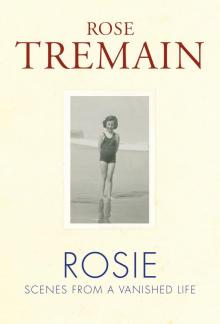 Rosie
Rosie The Garden of the Villa Mollini
The Garden of the Villa Mollini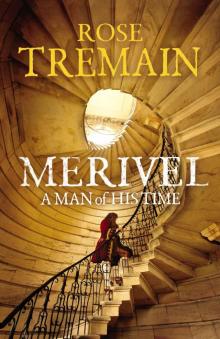 Merivel: A Man of His Time
Merivel: A Man of His Time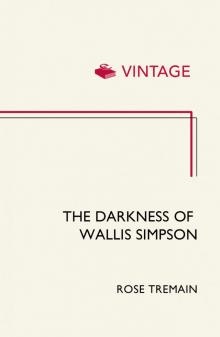 The Darkness of Wallis Simpson
The Darkness of Wallis Simpson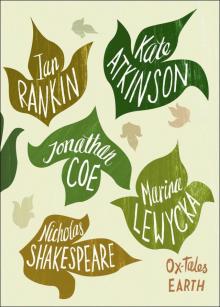 Earth
Earth Sacred Country
Sacred Country The Swimming Pool Season
The Swimming Pool Season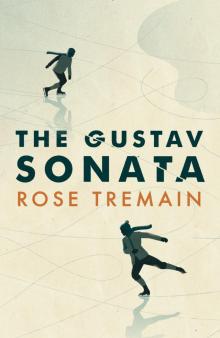 The Gustav Sonata
The Gustav Sonata Sadler's Birthday
Sadler's Birthday The Cupboard
The Cupboard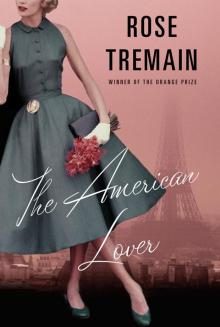 The American Lover
The American Lover Letter to Sister Benedicta
Letter to Sister Benedicta Evangelista's Fan
Evangelista's Fan Restoration
Restoration The Road Home
The Road Home The Colonel's Daughter
The Colonel's Daughter The Way I Found Her
The Way I Found Her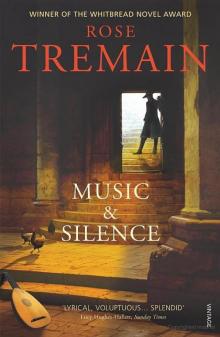 Music & Silence
Music & Silence